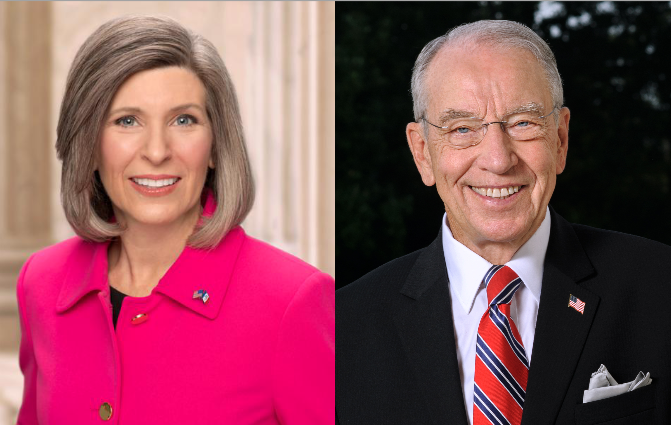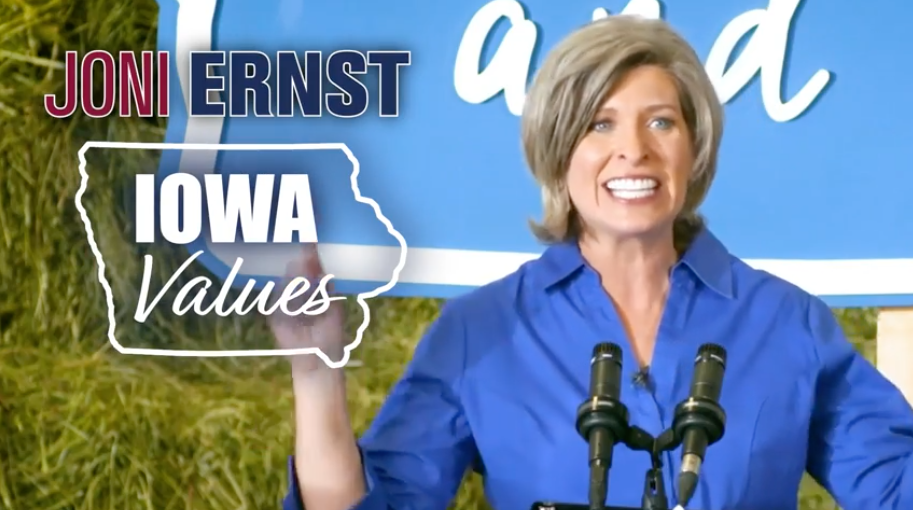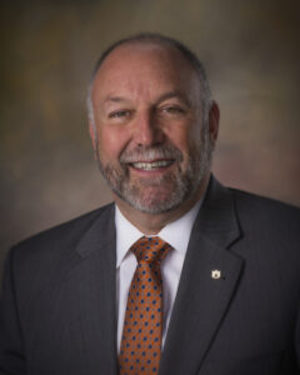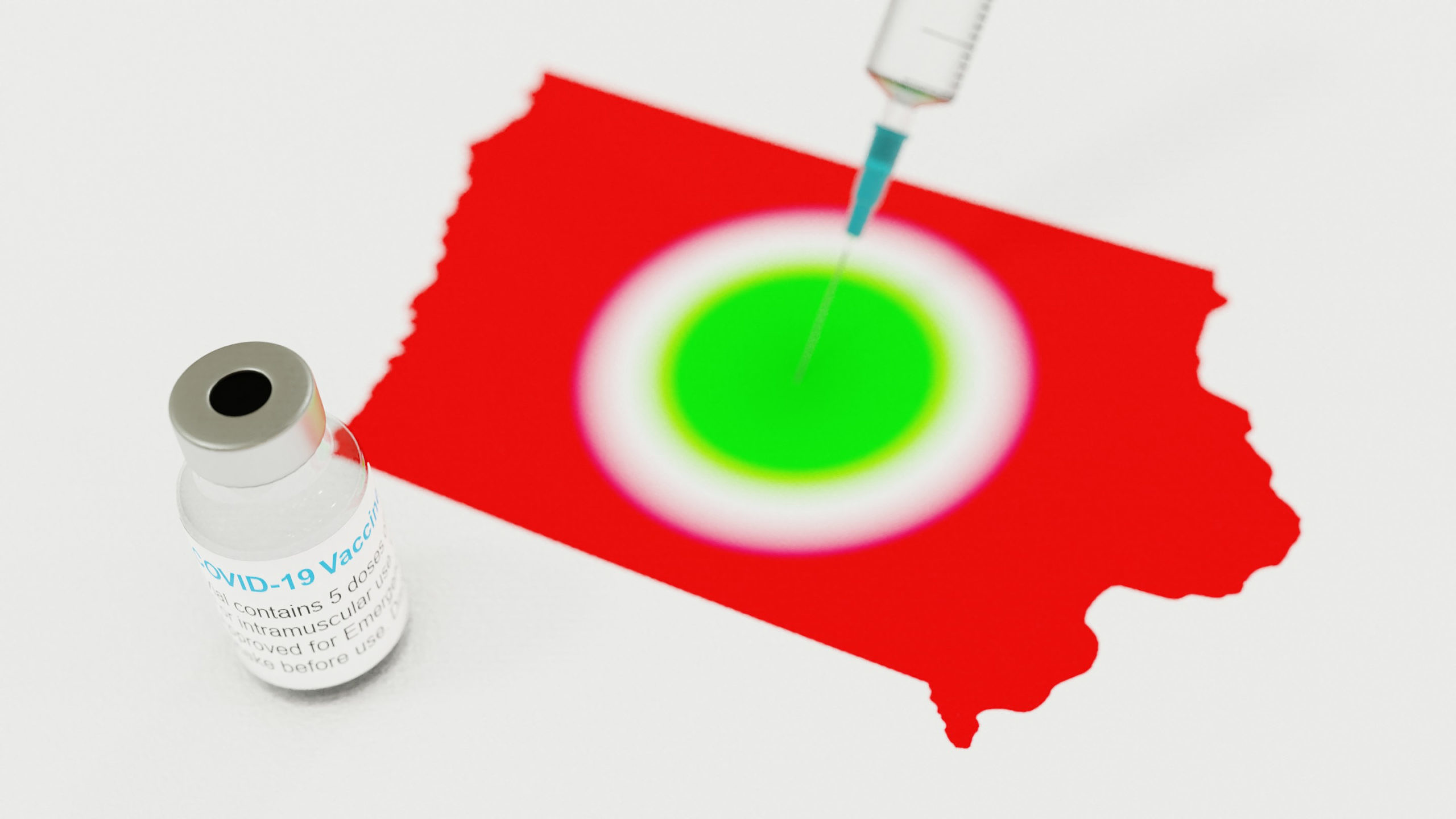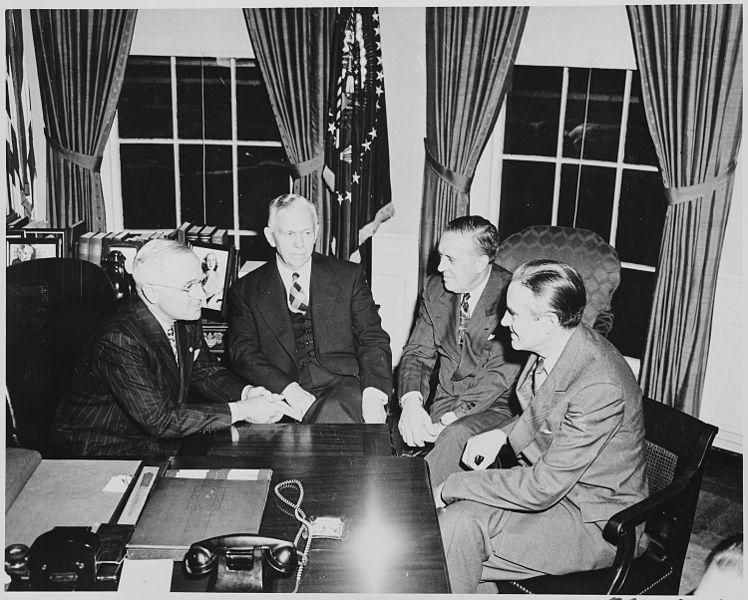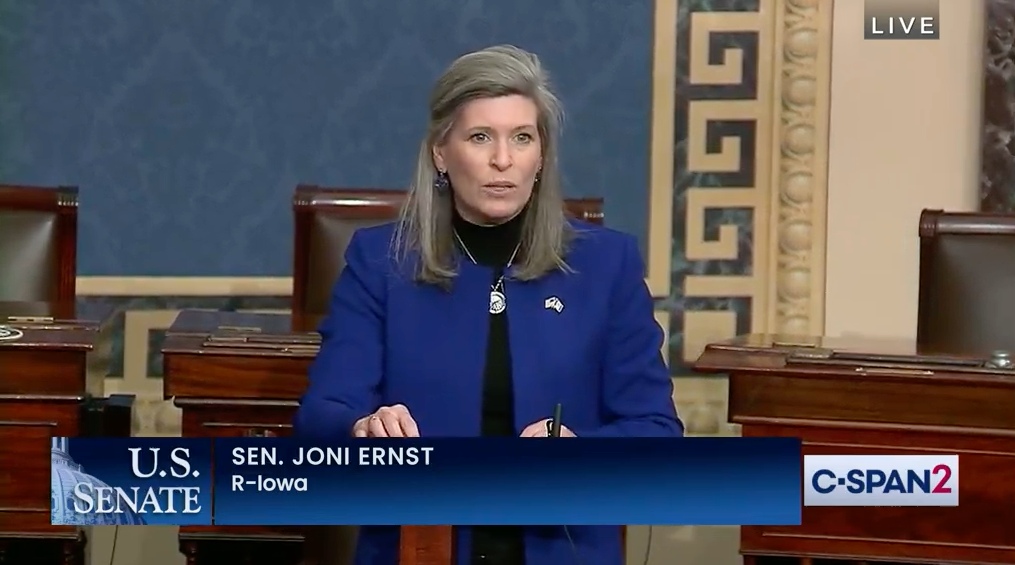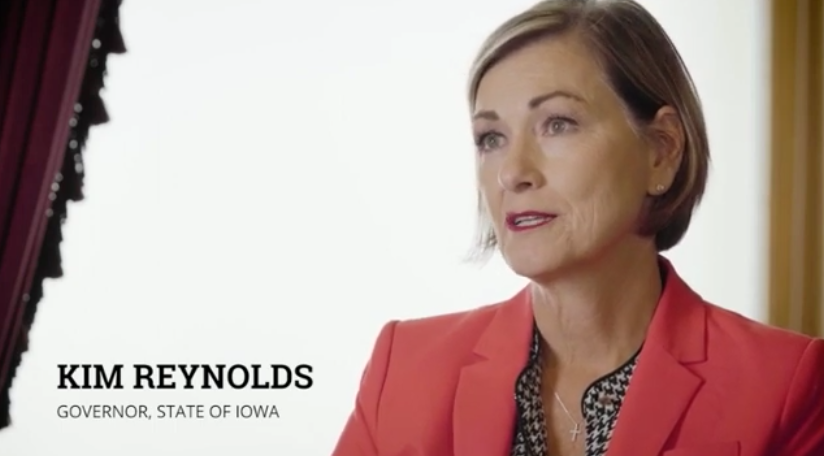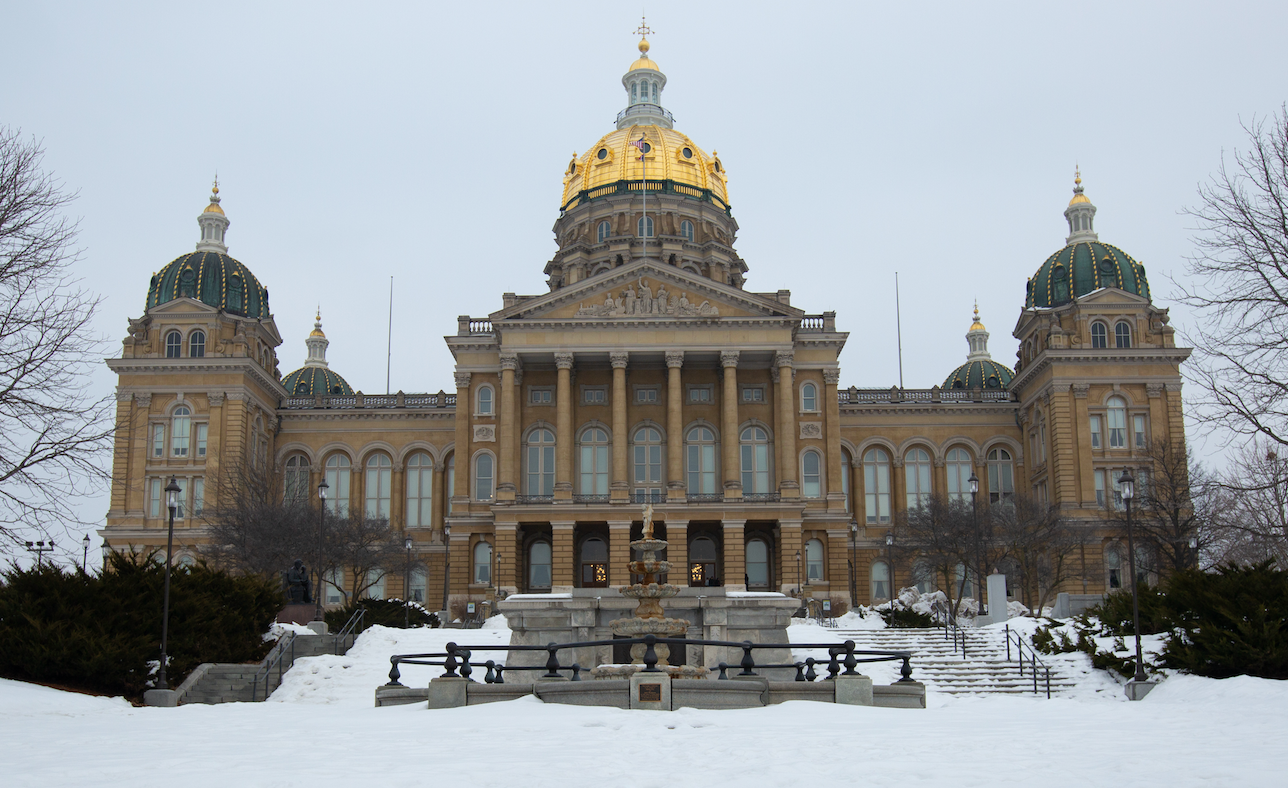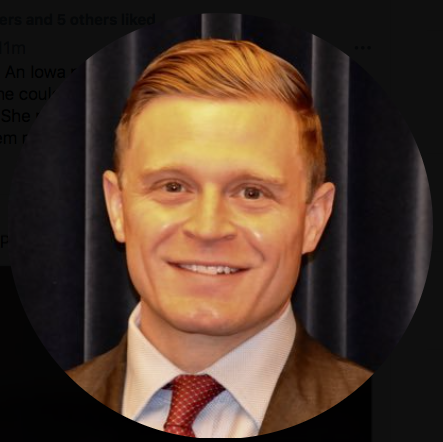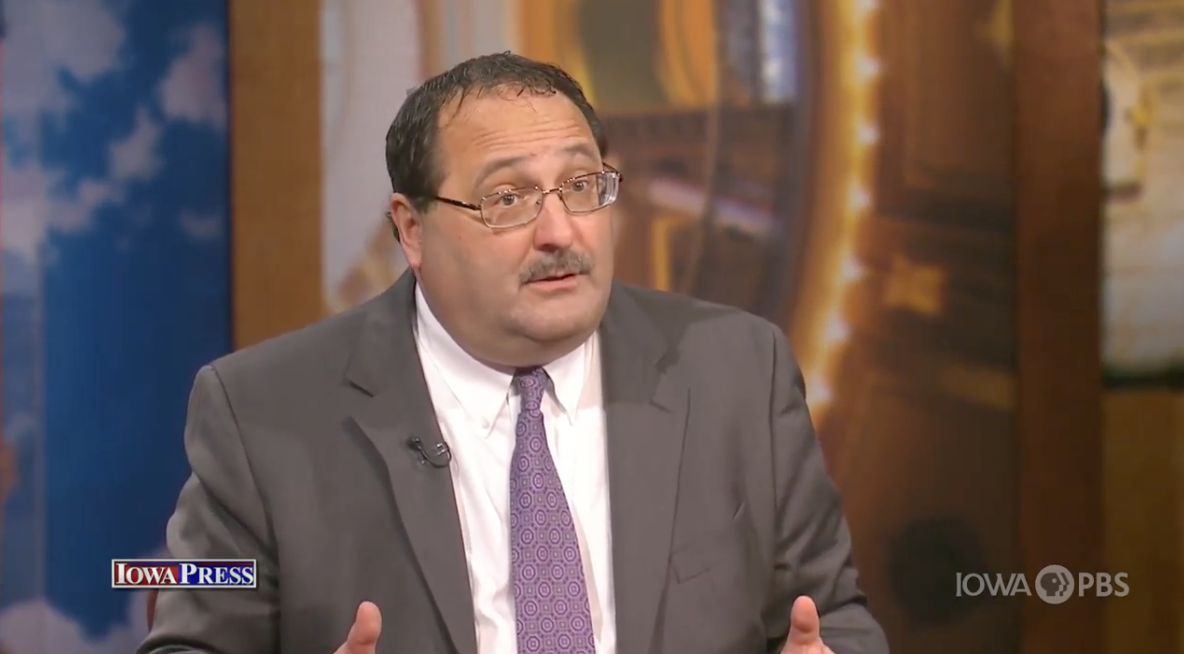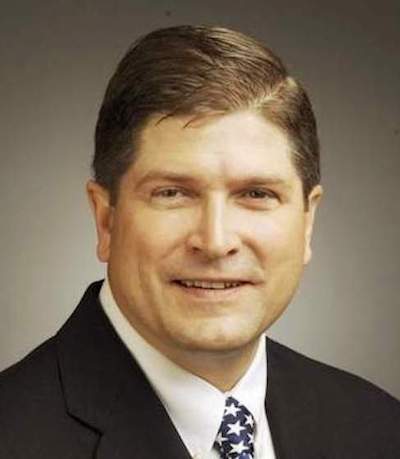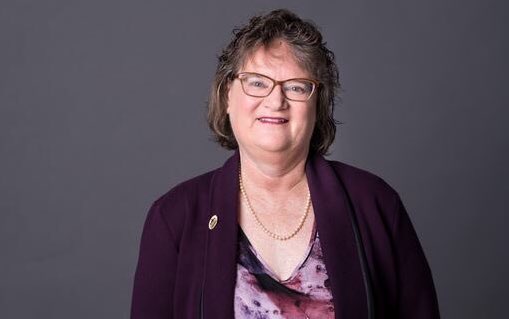Michael Loebach: A fast-moving Republican bill would give parents and schools alike a strong incentive to game the new subsidy system. Those incentives have nothing to do with education quality and would result in a net increase in education spending in Iowa. -promoted by Laura Belin
Governor Kim Reynolds and Republican legislators have introduced a “school choice” bill (Senate File 159), ostensibly to improve the K-12 education system in Iowa.
One of the bill’s goals is to take some of the state’s worst performing schools and create an “education market” where traditional public schools, private schools, and newly created charter schools compete to attract students. The bill’s proponents are trying to harness the power of markets to improve education.
When confronted with opposition, the proponents often respond, “Why would public schools be afraid of a little competition?” They assume 1) competition will improve education outcomes, and 2) the state can actually create competitive education markets.
For the sake of simplicity, let’s assume competition has been proven to improve educational outcomes (even though it hasn’t). With that said, we can turn our attention to whether this bill can create competitive education markets.
Continue Reading...

